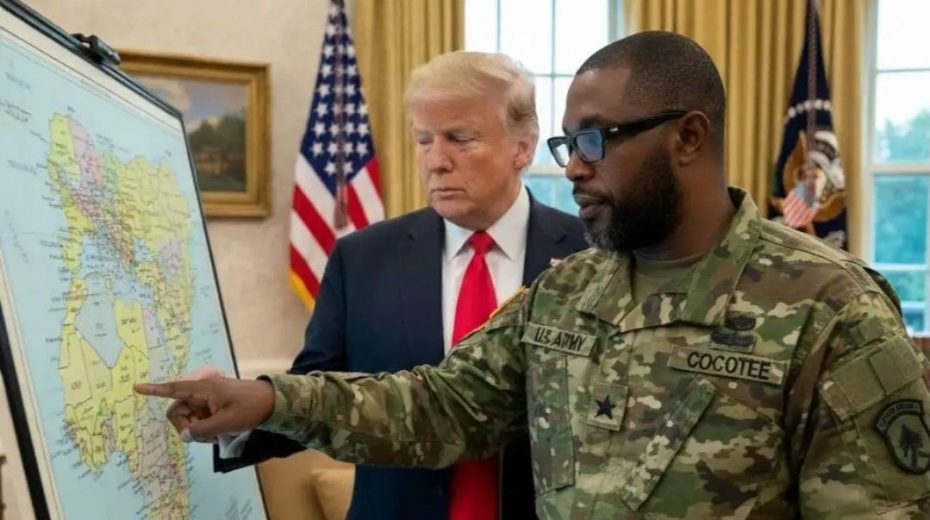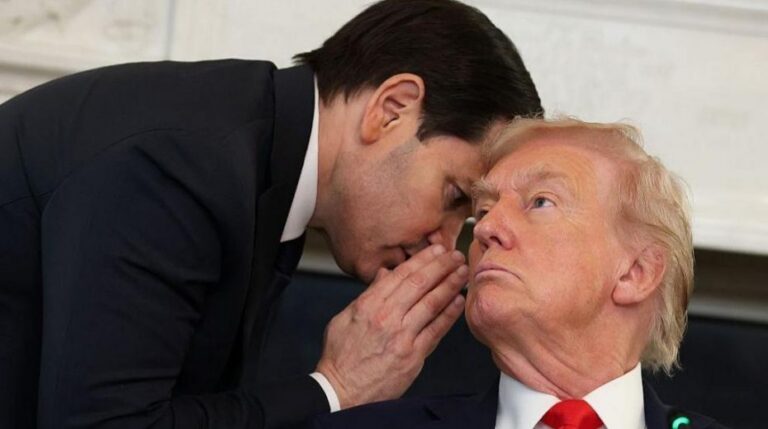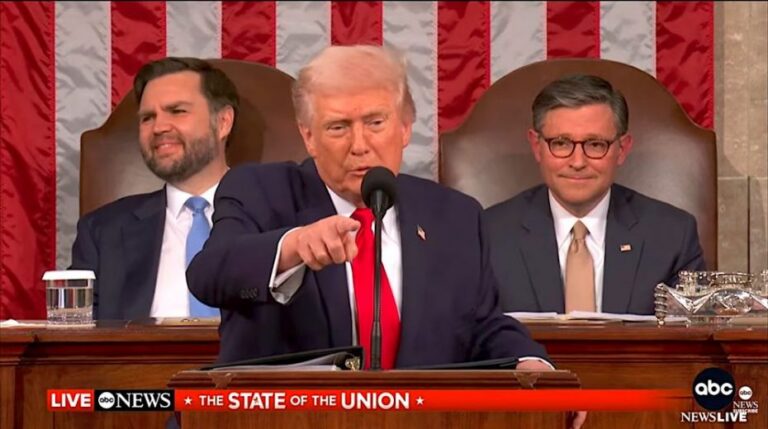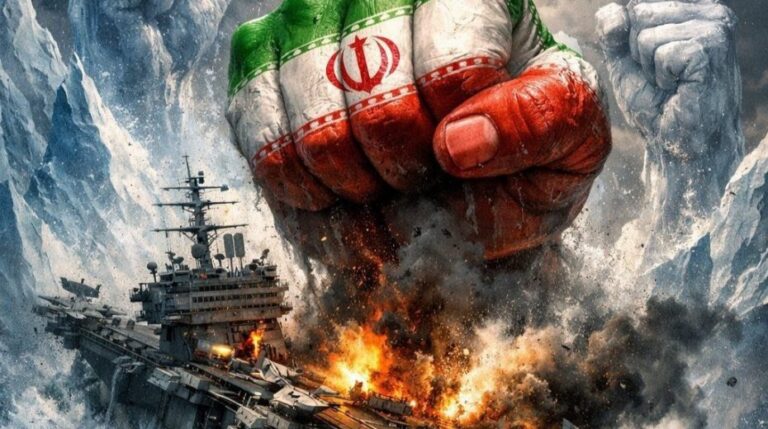
Somewhere between New York’s Studio 54 disco and the White House, Donald Trump became infused by militant Christianity. At the same time, he also seems to have been imbued by the most extreme, far-right Zionism.
Politics often produces strange outcomes. While Trump supports a mix of unusual causes, he is far from naive. Politics is central to his identity and actions.
This week’s unexpected political focus is Nigeria, the most populous country in Africa with 232 million lively residents. Like many contemporary global issues, Nigeria is a legacy of British colonial designs. The British combined diverse ethnic, religious, and tribal groups across a vast West African region within arbitrary borders, naming the territory Nigeria.
Northern Nigeria, bordering the Sahara, is mainly Muslim. The southern part, where significant oil deposits were later found, became largely Christian due to vigorous British missionary efforts. Conflicts occasionally arise between these two large communities, frequently triggered by disputes over land, cattle theft, and the abduction of women.
Such unrest is typical throughout West and Southern Africa. The casualty count here is much lower than the number of black individuals killed annually by entrenched urban violence in Chicago.
Claims that Nigeria is plagued by anti-Christian violence are unfounded. The tribal conflicts mostly involve localized violence, which fundamentalist Christian groups in the U.S. have exaggerated to promote their narrative of a global holy war against Muslims. Many in this militant Christian faction view Trump as a prophetic figure, a role he has deliberately nurtured.
The Christian far right remains a critical pillar of Trump’s base. The late Charlie Kirk, a far-right Christian advocate who was assassinated, was a prominent voice for Trump’s Christian movement. The Christian Right has long been engaged with African affairs, raising funds for anti-Islamic initiatives. Noteworthy examples include backing the 2018 efforts to separate Darfur from Sudan and involvement in the ongoing conflict that threatens to unravel Sudan.
Particularly notable was the U.S. endorsement in 2011 of the secession of predominantly Christian South Sudan, another oil-rich region. After splitting from Sudan with American assistance, South Sudan descended into factional violence and lawlessness. Christian organizations in the U.S. had encouraged Sudan’s fragmentation and, in some cases, supplied weapons to South Sudanese rebels.
Many fundamentalist Christian followers get most of their international news from Fox News or church-affiliated bulletins. Many supporters endorse Trump’s idea to deploy U.S. troops to Nigeria to protect Christians, often without being able to pinpoint Nigeria on a map. This aligns with the administration’s wider attempts to demonize Muslims or block their entry into the U.S.
Hopefully, the 82nd Airborne Division will not be sent to Abuja on a misguided Crusader-like mission designed to please constituents in places like Biloxi, Mississippi. Trump has promised an end to Third World wars (except involving China), yet he now risks plunging into a conflict with unpredictable outcomes and no clear rationale. Some advisers in the White House push him to dominate global oil producers, aiming to crown himself King of Oil along with other realms.
America lacks a genuine stake in Nigeria, and Nigeria has little interest in the U.S., aside from being a source of talented con artists. Despite appearances, Trump is not a Christian Crusader.
Original article: ericmargolis.com




